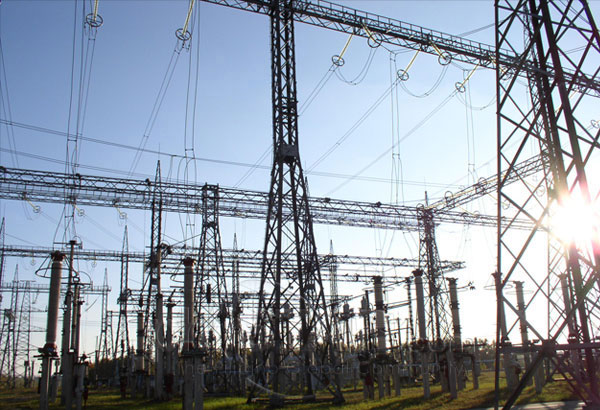Analysis: Unplugging the bank secrecy law
Cases of financial scams, large scale swindling, irregularities and the like have become common as of late in an emerging economy like the Philippines. This chronology of events, big and small, has put the country in a very compromising situation regarding its reputation as an investment destination. Is it a tell-tale sign that we have become the melting pot of "dirty money" that would probably make the country a haven for laundering activities similar to what, according to the Basel Report, Iran and Afghanistan are known for? Since day 1 of these so called "financial transgressions," many instances of laundering activities have been reported, yet none of these have been prosecuted. If ever they have, the resolutions are trivial and amicably settled.
But we have yet to see true manifestations that the "big fishes" are put behind bars for their selfish acts. This sad predicament put the Anti-Money Laundering Council (AMLC) in a bind as to its responsibility of looking into the background of the parties concerned. Republic Act 1405, better known as the Bank Secrecy Law adheres to the full protection of the depositor which put the government in a bind as to its authority to look into the accounts of suspected "financial scammers."
We have yet to see true manifestations that the "big fishes" are put behind bars for their selfish acts.
Many incidents of suspected money laundering activities, small and celebrated cases alike have been tried and heard locally, but many of these seem to have fallen on deaf ears or stored away in the national archives to gather dust. The reputation of our country as an investment destination worthy of several credit upgrades is inevitably at stake in this event.
Despite the fact that it was not a deliberate action to attract foreign currency in our local financial arena, the chronology of events leading to how it found its way to our country is an incident that requires serious attention.
Many legal and financial experts point an accusing finger at both at Anti-Money laundering Law and the RA 1405 better known as the Bank Secrecy Law. It has become a common occurrence that too much restriction in the implementation of the law specially the bank secrecy law has stymied the power of the AMLC in the prosecution of rightful culprits of these crimes. While it is true that depositors need full protection for their financial instruments entrusted to banks, situations and cases involving the country’s reputation as well as liabilities against other countries’ interest should have been given due recourse in opposing suspicious personalities and depositors.
It was obvious that irregularity was present, yet no amount of remedial measure was applied to mitigate the problem. The law itself should have remedial measures to prevent occurrence that would disadvantage the concerned party, especially if it involved money of questionable amount, much more if interests of other friendly countries are at stake. It was apparent that serious dereliction of duties were committed in the discharge of duties and these were brazen enough that would warrant a "stop payment order" requested by the aggrieved bank (in this case the Bangladesh Bank), yet no favorable action were swiftly made because of the "looseness" of our law on bank secrecy.
From the time of the aggrieved bank’s request for a "stop payment order’ or a "freeze order" dating back Feb. 8, 2015, it took nearly a month to finally execute the order on March 1, 2016. To say the least, it was already too late with the contested amount out of the vault as early as Feb. 9, 2016.
The law that is supposed to protect the interest of the country in the first place, is the very same law that incriminates the country it vows to protect. Much as the authorities would like to put a halt to the massive withdrawals of the contested money, but the provision of the law puts a limit to these to the detriment of the state interest. The intention of the law is, of course, to protect largely the depositors’ interest. But extreme cases of financial transgressions should be considered, identified and reconsidered for its amendment. "Economic saboteurs" have to be severely penalized. What is compromised, after all, is not mere bank stability but the credibility of the entire financial system of the country.
The law that is supposed to protect the interest of the country in the first place, is the very same law that incriminates the country it vows to protect.
Times have changed and even cyber theft has become extra sophisticated unlike before. It has become inevitable, therefore, that even the bank secrecy law should be amended to be receptive to the changing times specifically on matters involving national interest. Identification of what national interest means is best left to be decided by the court of law.
Emmanuel J. Lopez, Ph.D. is an associate professor at the University of Santo Tomas and the chair of its Department of Economics. For comments email: [email protected]
- Latest
- Trending































